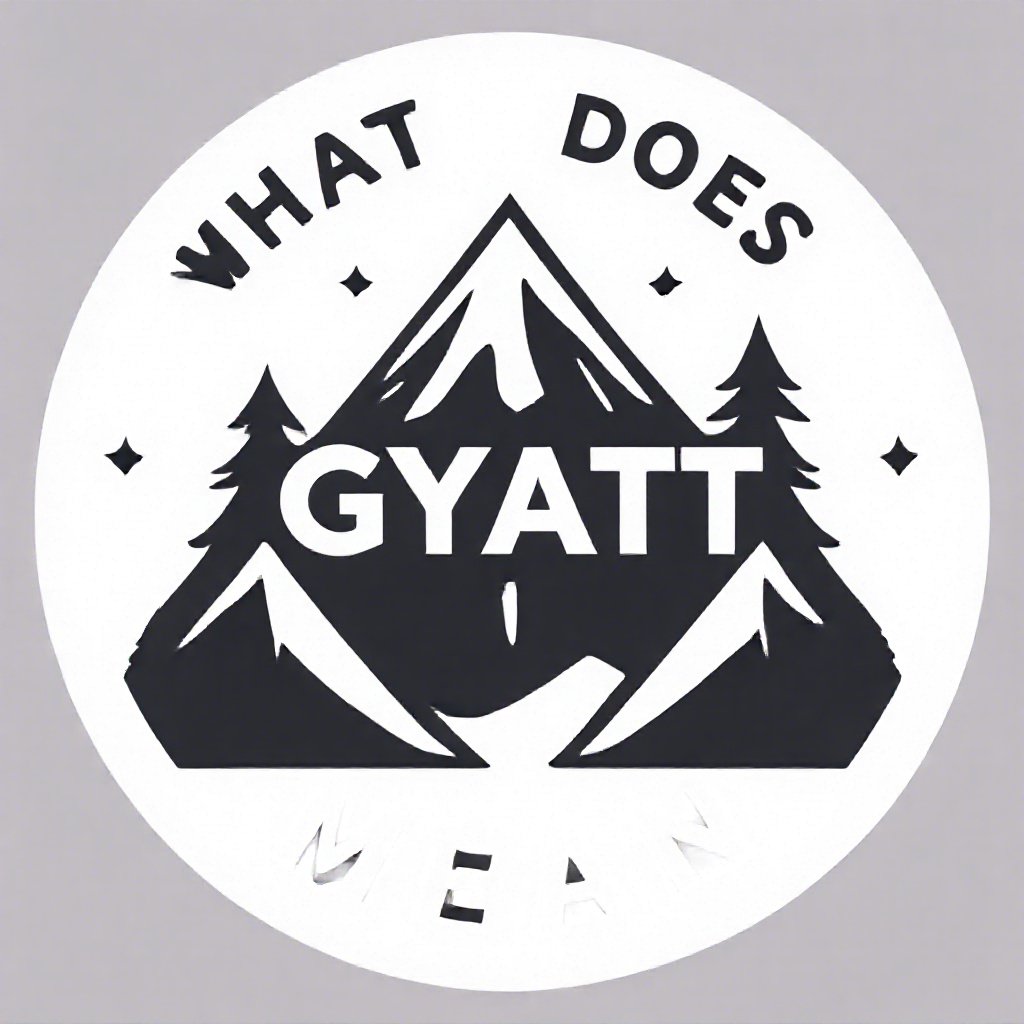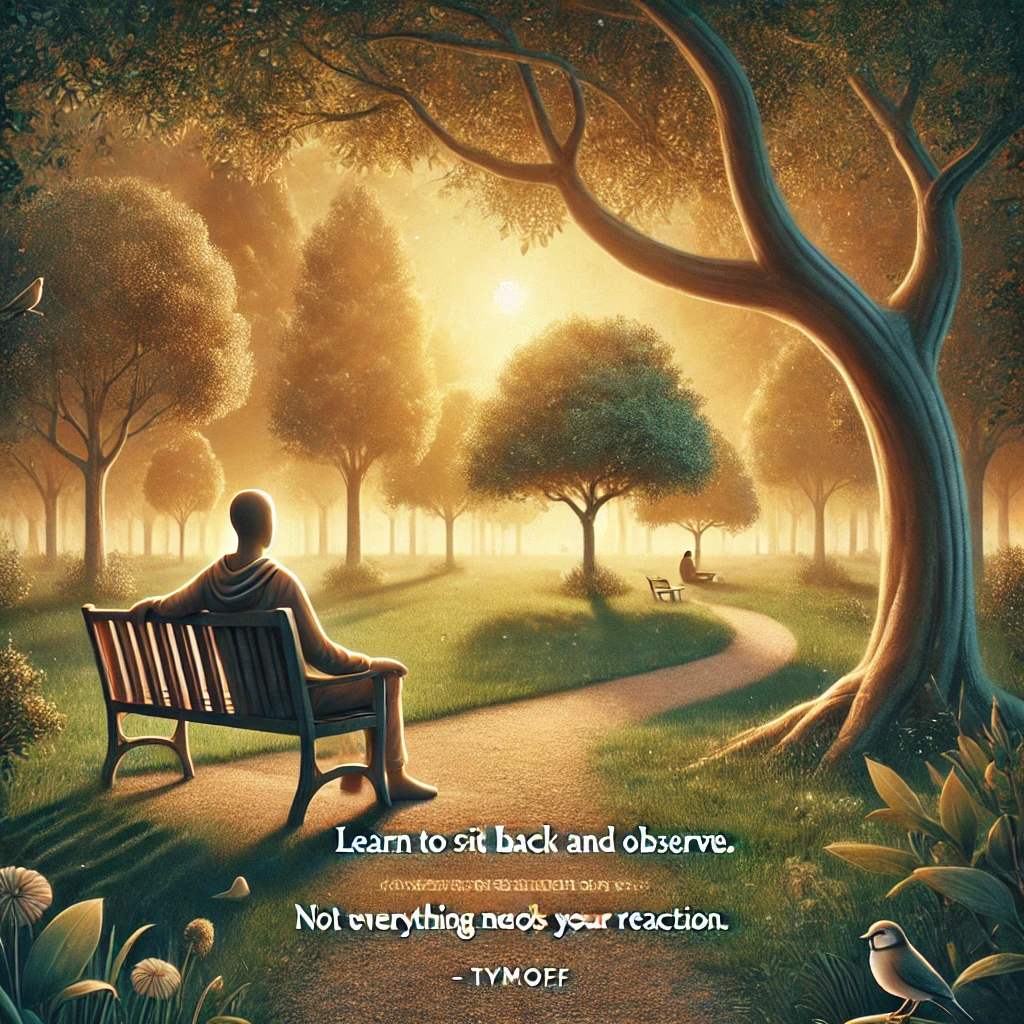Introduction
Addiction recovery is a journey that involves multiple stages, and group activities play a crucial role in helping individuals stay on the path to sobriety. These activities foster a sense of community, provide emotional support, and teach essential life skills that are vital for long-term recovery. Whether you are a facilitator, a therapist, or someone in recovery, understanding the variety of group activities available can significantly enhance the recovery process. This guide will explore the most effective addiction recovery group activities, providing insights into their benefits and how to implement them.
The Importance of Group Activities in Addiction Recovery
Group activities in addiction recovery are not just about passing the time or keeping individuals occupied. They serve several critical functions, including:
- Building a Supportive Community: Recovery can often feel like a lonely journey. Group activities create a sense of belonging and mutual support, which is essential for maintaining sobriety.
- Enhancing Communication Skills: Many people struggling with addiction have difficulty expressing their thoughts and emotions. Group activities encourage open communication, helping participants to articulate their feelings and experiences.
- Developing Coping Strategies: Group activities often involve scenarios that mimic real-life challenges, allowing individuals to practice and develop coping mechanisms in a safe environment.
- Providing Structure and Routine: Addiction often disrupts an individual’s daily routine. Regular group activities help establish a new, healthy structure that supports recovery.
- Reducing Isolation and Loneliness: One of the significant triggers for relapse is loneliness. Group activities help reduce these feelings by fostering connections and building a supportive network.
Types of Group Activities for Addiction Recovery
1. Therapeutic Group Discussions
Therapeutic group discussions are a staple in addiction recovery programs. These sessions are usually led by a trained therapist or counselor and focus on specific topics related to addiction, such as triggers, coping mechanisms, and the impact of addiction on relationships.
Benefits:
- Encourages open dialogue about personal struggles.
- Provides a safe space for individuals to share their experiences.
- Helps participants learn from each other’s successes and challenges.
Implementation:
- Choose a relevant topic for each session, such as “Dealing with Triggers” or “The Importance of Forgiveness in Recovery.”
- Ensure that all participants have an opportunity to speak.
- Create a non-judgmental atmosphere where everyone feels safe to share.
2. Mindfulness and Meditation Sessions
Mindfulness and meditation are powerful tools in addiction recovery. These practices help individuals stay present, manage stress, and reduce the anxiety that often accompanies the recovery process.
Benefits:
- Enhances emotional regulation.
- Reduces cravings and stress.
- Promotes a sense of calm and inner peace.
Implementation:
- Start with a brief introduction to mindfulness and its benefits.
- Guide the group through a simple meditation session, focusing on breath awareness or a body scan.
- Encourage participants to share their experiences after the session.
3. Creative Arts Therapy
Creative arts therapy, which includes activities like painting, drawing, writing, and music, allows individuals to express their emotions in non-verbal ways. This form of therapy is particularly beneficial for those who struggle to articulate their feelings verbally.
Benefits:
- Provides a healthy outlet for emotions.
- Encourages self-expression and creativity.
- Can reveal underlying issues related to addiction.
Implementation:
- Provide a variety of art supplies and encourage participants to create something that reflects their recovery journey.
- Allow time for participants to share their creations and discuss what it represents.
- Use prompts such as “Create a visual representation of your feelings today” to guide the activity.
4. Physical Activities and Exercise Groups
Physical activities, such as yoga, hiking, or group sports, play an essential role in recovery. Exercise helps to improve mood, reduce stress, and promote overall well-being, all of which are crucial for maintaining sobriety.
Benefits:
- Enhances physical health and energy levels.
- Reduces stress and anxiety.
- Promotes teamwork and camaraderie.
Implementation:
- Choose activities that match the fitness levels and interests of the group.
- Incorporate exercises that are fun and engaging, such as team sports or dance.
- Emphasize the importance of physical health in the recovery process.
5. Life Skills Workshops
Life skills workshops are designed to equip individuals with the practical skills needed to navigate daily life without relying on substances. These workshops can cover a wide range of topics, including financial management, job search strategies, and healthy cooking.
Benefits:
- Provides practical tools for independent living.
- Builds confidence and self-sufficiency.
- Helps individuals create a balanced and fulfilling life in recovery.
Implementation:
- Identify the specific needs of the group and tailor the workshops accordingly.
- Invite guest speakers or professionals to lead sessions on specialized topics.
- Encourage hands-on participation, such as practicing budgeting or preparing a healthy meal.
6. Peer Support Groups
Peer support groups, such as Alcoholics Anonymous (AA) or Narcotics Anonymous (NA), provide a space where individuals in recovery can share their experiences and support each other. These groups are often peer-led and based on the principles of mutual aid.
Benefits:
- Offers continuous support from others who understand the challenges of addiction.
- Helps individuals stay accountable to their recovery goals.
- Provides a sense of community and belonging.
Implementation:
- Regularly schedule meetings at a consistent time and place.
- Encourage participation in existing peer support groups or start a new group if needed.
- Foster an environment of respect, confidentiality, and support.
Tips for Facilitating Successful Group Activities
Facilitating group activities in addiction recovery requires sensitivity, patience, and an understanding of the unique needs of individuals in recovery. Here are some tips to ensure the success of these activities:
- Create a Safe and Inclusive Environment: Make sure that all participants feel safe and included. Encourage respect, confidentiality, and active listening.
- Be Flexible and Adaptable: Be prepared to adjust activities based on the group’s energy levels and needs. Flexibility is key to meeting participants where they are in their recovery journey.
- Encourage Participation but Respect Boundaries: While it’s important to encourage everyone to participate, respect individuals’ boundaries. Some participants may need more time to feel comfortable engaging in group activities.
- Provide Clear Instructions and Support: Clearly explain the purpose of each activity and provide guidance as needed. Be available to support participants throughout the activity.
- Celebrate Successes, Big and Small: Recognize and celebrate the achievements of the group, whether it’s completing a challenging activity or making a breakthrough in therapy. Positive reinforcement can boost morale and motivation.
Conclusion
Addiction recovery is a complex and ongoing process that requires a holistic approach. Group activities are an invaluable component of this journey, offering emotional support, skill-building opportunities, and a sense of community. By incorporating a variety of group activities into a recovery program, facilitators can help individuals build a strong foundation for long-term sobriety. Whether through therapeutic discussions, creative arts, physical exercise, or peer support, these activities empower individuals to reclaim their lives and thrive in recovery.
By understanding the benefits and best practices for implementing these activities, you can contribute to a more effective and supportive recovery process for those you are working with. Remember, recovery is a journey that is better traveled together, and group activities are a powerful tool in helping individuals find their way to lasting sobriety.











Leave a Reply